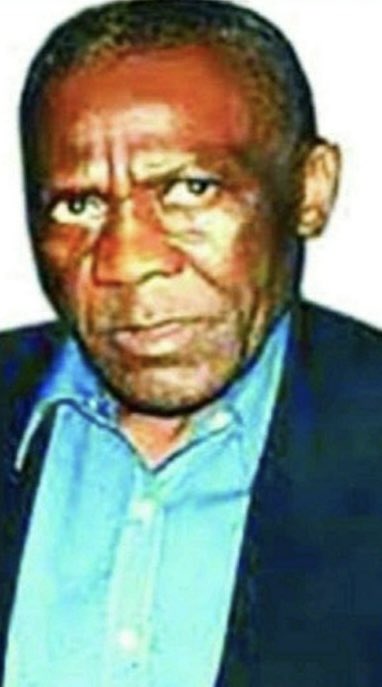When people talk or think of Senator Arthur Nzeribe, they often associate him with the infamous Association for Better Nigeria, which Mr. Nzeribe formed as a special-purpose vehicle to scuttle the June 12, 1993, Presidential election.
For two years, they waited and lurked in the dark for the opportune time to strike, which came on June 10, 1993, when every other effort to stop Chief Moshood Abiola had failed.
When the National Electoral Commission proceeded with the election, Arthur Nzeribe and his cronies went again to Abuja to secure an order from Justice Ikpeme’s boss, Justice Dahiru Saleh, to stop it.
Justice Dahiru Saleh had actually assigned the case to a female Justice of Igbo origin, but the woman had a fear of God and fell ‘sick’ and had to be flown out of Nigeria. Some people who knew her later reported seeing the sick judge shopping in Europe.
When other judges refused to get entangled in what they rightly or wrongly considered a dirty job, Justice Dahiru Saleh was left to do it himself.
And just like that, Arthur Nzeribe and his cronies wasted the ₦40 billion (equivalent to $2 billion at the time) Nigeria has spent on the transition programme.
But that was not the first time Arthur Nzeribe had played the spoiler.
Kwame Nkrumah, the charismatic founding father of Ghana and its first President, was on a state visit to China and North Vietnam when a group of military and police officers overthrew his government in an unnecessarily bloody coup.
The coup was led by General Joseph Arthur Ankrah, who emerged as the new Ghanaian leader on February 24, 1966.
It was widely believed in Ghanaian military and intelligence circles that Mr. Nkrumah, a political foe of the first Nigerian Prime Minister, Sir Abubakar Tafawa-Balewa, had sponsored the Emmanuel Ifeajuna coup of January 15, 1966, in which mid-level Igbo officers wiped out the Federal leadership, as well as those of the Northern, Western, and Midwestern governments while sparing Igbo leaders.
When the coup failed, Ifeajuna fled to Ghana and was given a very comfortable refuge by Mr. Nkrumah. He is also known to have met with Nkrumah’s intelligence officers.
Three years before Ifeajuna’s coup, Chief Obafemi Awolowo was convicted and later imprisoned by the Central Government in a federal prison in Calabar on September 11, 1963, for charges of conspiring with the Nkrumah administration in Ghana to overthrow the democratically elected government of Nigeria.
Ifeajuna remained in Ghana until he was forced to flee after Nkrumah was ousted in a coup on February 24, 1966.
But back to General Ankrah. While he was Chairman of the National Liberation Council, his government commissioned a poll to identify the most popular Ghanaians. The survey contract was awarded to a firm owned by a Nigerian named Arthur Nzeribe.
This upset Mr. Nkrumah, who was in exile in Conakry, Guinea, because Arthur Nzeribe was his friend and ally.
When the poll, not unsurprisingly, named Ankrah as the most popular Ghanaian, his rivals smelt a rat and made a stink until a Commission of Inquiry was set up.
The Commission established that Mr. Nzeribe had paid Ankrah a kickback of 6000 Ghanaian Cedis, which opened a can of worms that forced Ankrah to tender his resignation as Ghanaian Head of State on April 2, 1969.
Prior to this, Mr. Nzeribe, though an Igbo, had sold weapons to the Nigerian government to use against his fellow Igbos during the Nigerian Civil War.
Why is all this important? Well, there is a prominent politician who is suspected of being an acolyte of Arthur Nzeribe and who is making comments threatening the democratic structures of Nigeria.
If the authorities underestimate this man, the consequences for Nigeria and West Africa may not be good.
After all, “Those that fail to learn from history are doomed to repeat it.” to quote Churchill and SantayanaZ
May Nigeria not Labour in vein.
Source: Reno Omokri
